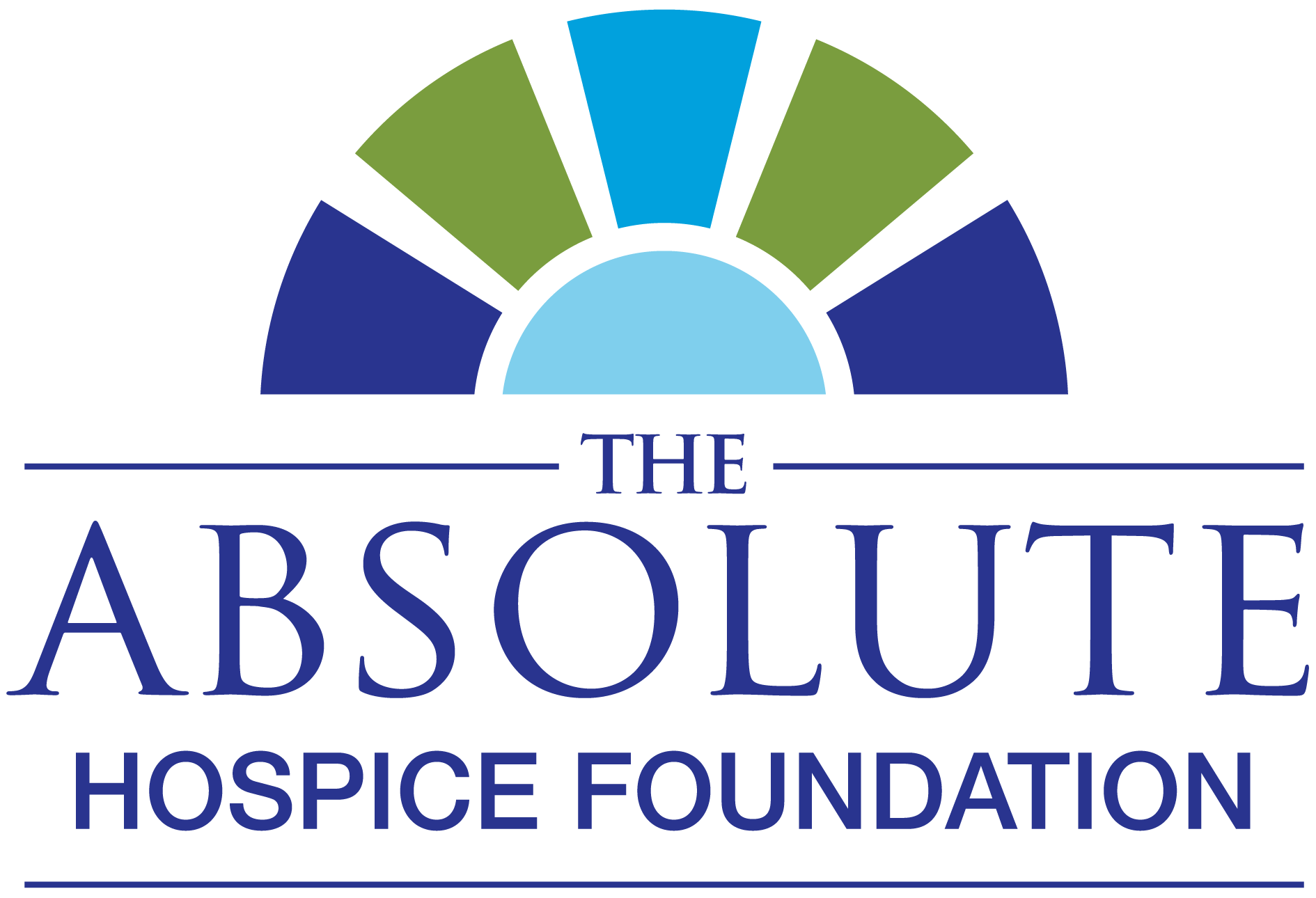A Day in the Life with a Hospice Chaplain
Karen Drennen wasn’t always on her way to becoming a chaplain on our hospice team.
She was previously working as a nursing supervisor. Her focus was to assist patients and resolve complaints and concerns. She discovered she related to each problem on a personal level. That helped her learn that bringing comfort to people was what she wanted to do.
A call from God led her to change careers.
“He opened the door and made it possible for me to have this job,” says Karen, who has been working for Absolute Hospice for nearly five years.
In her role today, Karen plays a pivotal role in relating to our patients. She begins when she receives a new patient and gets a report from a nurse. She sees what a patient’s diagnosis is, talks to the patient and his or her family, and sees if the patient will accept a chaplain visit. If a patient accepts, she creates an individualized care plan.
Karen starts each day a little later after patients wake up, eat breakfast or receive a bath. She also works around a patient’s schedule if she knows her patient might sleep during the day.
During visits, Karen’s responsibilities vary based on the care plan. She may read scripture, take a patient outside if the weather is nice or simply offer a quiet presence. She says one of her patients even wanted to play checkers. Her role doesn’t include any physical care, but as a chaplain and a former nurse, she offers an impeccable perspective and is an integral part of the team.
Karen says hospice is important to help people die on their own terms. The challenging part is seeing families in pain, especially those who have lost many loved ones.
She sometimes wants to find the right words to offer, but she often finds it’s better to let them work through their grief.
“I try to let them know I am there if they need support,” Karen says. “I have learned over the past few years about coming on too strong and trying to say, ‘we need to counsel this person.’ They may not want that.”
Karen adds the most important part of her role is caring.
“You care about the people you’re entrusted to care for. You care about the families.”

